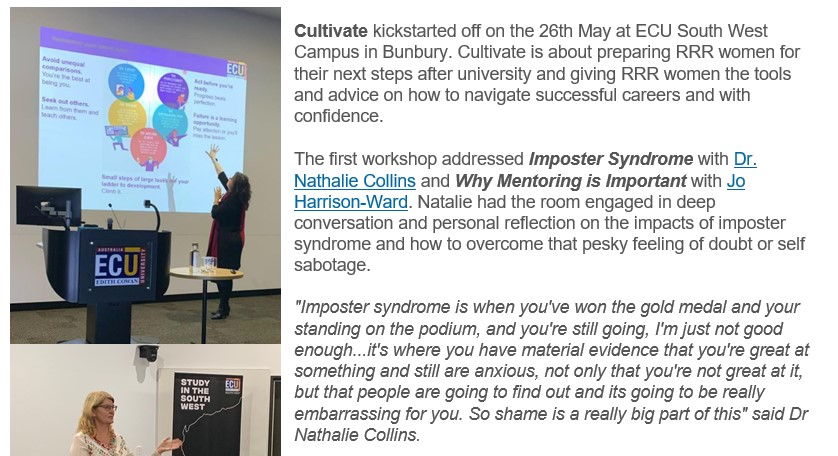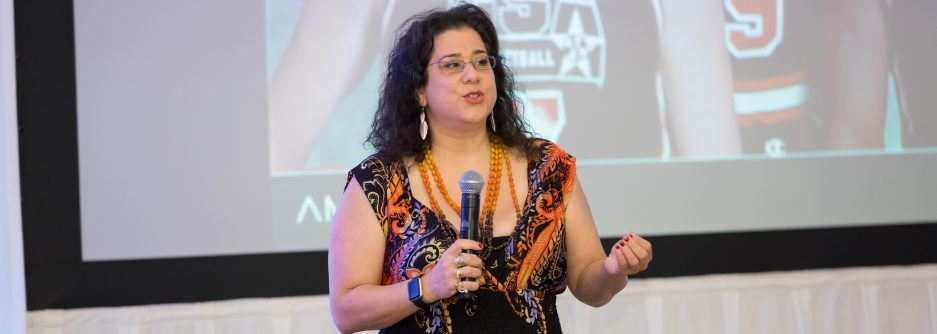This week, the Australian Federal Reserve indicated that cheques will not longer be accepted as a form of payment after 2030 in Australia. Australia joins New Zealand, Poland and other, smaller, Western nations in this move, which will create more efficiencies for banks, but also sideline a minority of – mostly older – Australians. In an interview with ABC Drive Brisbane, I discuss this development and what it means for the few consumers who still use cheques.
Cash, Credit and Tipping with ABC Brisbane Drive
I have been lucky enough to have a lengthy (by radio standards) interview on the Australian ABC Brisbane about both the state of consumer transactions (cash vs credit vs digital wallets vs buy-now-pay-later vs debit) and tipping in Australia.
The upshot is that how we pay influences how much we pay. Pay with cash? You’re less likely to spend as much or tip as much. Use a digital wallet? You’re more likely to be buying on the fly, using your mobile.
Have a listen to them below!
Should we be worried about Big Tech layoffs? Not really.
I recently worked with two of my favorite co-authors on an article about recent Big Tech layoffs which could easily get to 100,000 by mid year.
There are many lessons to be learned in how they got laid off. From the creative and horrifying Musk method to other devastating approaches. Though these are largely privileged workers, and they are likely to be employed quickly, they fuel the fire of worker’s rights and the anger in the workforce about irresponsible management.
Senior leaders of Big Tech wantonly expanded their workforce for a future they knew wasn’t coming. They didn’t give people enough warning to ethically slim down their workforce. They used people up and threw them out just like the mining, consulting, finance industries to name a few.
So when people cry out for unions, for more protections, for more job security and for an understanding that employment relationships end but they should be fair form beginning to end, this kind of behaviour is why.
…what about my Alexa?
As Amazon undergoes a hiring correction now that they realised COVID won’t go on forever, they are also taking the opportunity to divest themselves of the expensive development of the Alexa product. Alexa, a Jeff Bezos favorite child for a decade, is now gutted. And yet this product lives, and listens, in millions of homes around the world. In an article published today, a couple of colleagues and mine and I posit what your future will be like with your roommate, Alexa.
Media appearance: Psychological Safety in Retail
I was please to be quoted in a recent WAtoday article focusing on customer aggro in retail. Tempers get short, and people have bad days…we can’t always be at our best. It is incumbent on frontline workers to look out for each other and managers to protect staff. Retail management are legally and ethically required to provide psychological safety to their workers. And it is one of the greatest tool managers have in retaining staff.

Meaningful, authentic and earned
I recently completed (over) forty hours of training with The Trevor Project. It was tougher than I had considered, and more meaningful than I thought it would be. Are those two things related? Maybe.
The training itself was comprehensive. it was online and asynchronous but tracked, monitored and had staged just like a curriculum course. As we work with vulnerable populations, there were the usual checks, but also group and one on one coaching. Role plays were involved until they were confident in your skills. When I realised I’d graduated and wasn’t aren’t “practicing” anymore the tasks became more daunting.
I’m not sure I am a great person for doing this – though congratulations abound. I am, however, changed by the young people I encounter. Their voices: of who they are and how that is denied by the people closest to them, resonate long after I am done with my volunteering for the day.

When the gold medal isn’t good enough

I was recently invited by ECU’s South West Campus to speak at an event for Regional, Rural and Remote women. ECU South West is where I started my ECU career almost 20 years ago. I have an attachment to that location as it hosted so much of my own development. Last week, I delivered a talk on Imposter Syndrome, which is defined as having material evidence that you are doing well and yet refusing to believe it, then developing anxiety around other people being able to discover it and anticipating the shame that would follow.
The research I conducted regarding Imposter Syndrome in order to prepare for this presentation had a few surprising facts, the chief of which is that men suffer from it as much as women do. The perception is that it holds women back more; but that is unsubstantiated. This 15 minute presentation is short, sharp and a great salve for an ache where your confidence used to be. To schedule one for your organisation, contact me.
“You can’t be (cyber)serious!”
Edith Cowan University has a leading Cybersecurity program. I am lucky enough to work with the researchers and academics from that group and my cyber-awareness has risen as a result. Though I am not perfect, I do try to stay as cyber-safe as possible by avoiding the obvious. This article about CyberSafety and Business Etiquette published today mixes the knowledge I have gleaned from my colleagues with the learnings from the Emily Post Business Etiquette Program Certification I have been trained in.
Honestly, it is really tough for me to not react when someone does something so clearly cyber-unsafe I wonder what they are thinking. Putting their credit card details in an email, or expecting me to put confidential or identifying information in an email are probably the biggest hot-button items. “Just email me a copy of your passport!” Uh, no. Politeness and civility, even charm, comes naturally to some (like my co-authors) but not to me. I have to try, I have to remember, to be understanding, to educate and not be the office (safety) grouch.
Baby Yoda’s longevity is delivering for Disney
I was recently interviewed regarding the Baby Yoda phenomenon and its longevity on an Australian radio show (at 11 minutes, 25 seconds). The interview focused on people calling themselves “Momalorians” who dressed their Baby Yoda tykes as actual babies, and then photographed and interacted with them as such. Was this a desire for children? Or a cry for help? I posit: neither. It is a postmodern overlay of the the “babyness” of the character, the emotional attachment to the franchise and the desire to relive the delight of the watching experience. Momalorians want to bring the baby into their universe, and being a “mom” is the most obvious way of interacting with a baby which ha a semblance of normalcy. But that doesn’t leave men out to – “mom” in this case, includes “dads”. If you want to brighten your day with some Baby Yoda goodness there is plenty of it on the web, starting here.
Tik Tok…is it time out for Chinese Social media sensations?
In a recent article with my colleague Associate Professor Paul Haskell-Dowland, we posit that the recent US government moves to limit Tik Tok and We Chat are less about security and more about perceptions around security. That is not to say that the amount of data flowing through apps – or the ownersip and security of that data – isn’t important. It is to say that the ownership and access to data is a labyrinth is an understatement. To indicate that a consumer has consent – or control – over it once they download the app is a pretty story, but isn’t always true. Paul is a shining light in the international media commenting on matters regarding security and privacy – my role in this article was less technical and more about the marketing angle of it: who gains if we believe all the pretty stories?
